- How to Identify Fake N95 Masks
- The Dangers Of Using Fake N95 Masks
- How To Avoid Purchasing Fake N95 Masks
- What to Do If You Buy Fake N95 Masks
- Frequently Asked Questions
Doctors and healthcare staff across the country use N95 masks to keep from contracting airborne diseases. During the start of the global pandemic in early 2020, hospitals saw a shortage of N95 masks. As a result, the general public began purchasing the masks out of fear of contracting COVID-19. This shortage led to increased demand, giving scammers the perfect opportunity to produce and sell fake N95 masks.
Although masks are no longer mandated in many locations, it is still advised to wear them, especially during the cold and flu season. Anne Miller, Executive Director of Project N95, says that due to the growing threat of Omicron BA.2, Project N95 recommends continuing to wear masks indoors when around others.
"Masking is proven to reduce the transmission of COVID and other respiratory illnesses," she says. "In many areas around the country, BA.2 is growing. Even if you've been vaccinated and received your booster, you can still contract and spread COVID, so masking around others indoors is smart."
Additionally, Miller states that wearing good quality respiratory protection when around others is a good idea in general, not just to prevent the transmission of COVID.
"Masking also prevents the spread of other airborne diseases, including colds and flu. It just makes sense," she says.
How to Identify Fake N95 Masks
There are quite a few different types of fake N95 masks on the market. Here are some red flags to look out for before making a purchase, including:
- NIOSH markings
- Decorative fabrics and add-ons
- Child sizes
- Earloops instead of headbands
- Fit
- Price
NIOSH Markings
The National Institute for Occupational Safety and Health (NIOSH) has approved authentic N95 masks. All NIOSH-approved masks have six exterior markings.
Looking at the mask straight on, you should see the brand name of the mask or a registered trademark to the left. Google the brand to see if the brand is an official NIOSH-approved brand such as 3M.
Below the brand name should be the NIOSH name in block letters or the NIOSH logo.
In the bottom center of the mask should be the approval number. This code will read as two numbers and a letter for the approval code followed by a dash and the three or four digits. You can enter the approval number on the Center for Disease Control and Prevention (CDC) website to see if the number is registered.
Under the approval number is the filter class, which starts with either "N," "P," or "R." Following the filter class is the filter efficiency level, which is either 95, 99, or 100. A real N95 mask should read N95 here. If N95 is anywhere else on the mask and not in this spot, it's not authentic.
On the bottom right of the mask, you will find the model number. This code will read as "Model #" followed by a four-digit sequence.
Below the model number is the Lot number. The NIOSH recommends putting the lot number on masks, but it's not required. If your mask has everything but the lot number, there's a good chance it could be authentic.
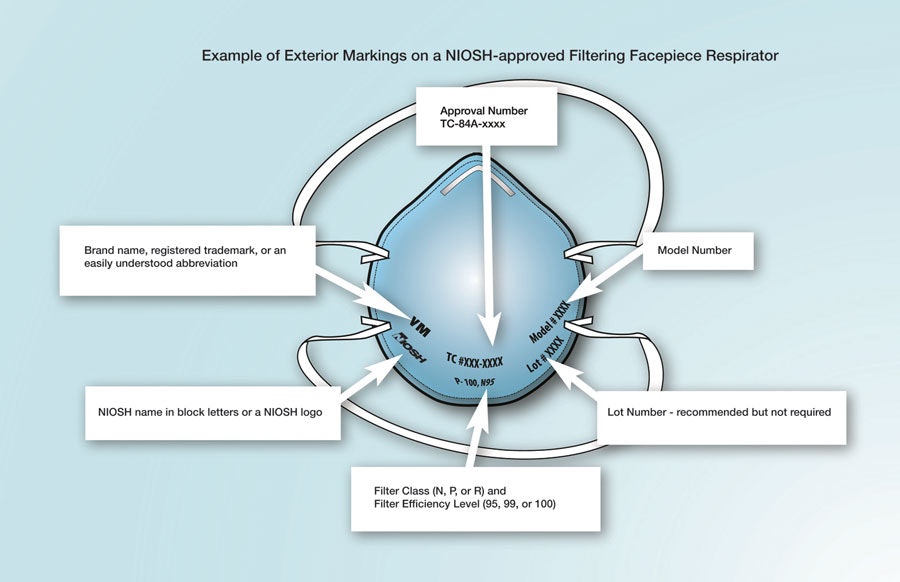
Decorative Fabrics or Add-Ons
NIOSH-approved N95 masks don't have decorative fabrics on the outside and don't have add-ons such as glitter. They also don't come in vibrant colors or different designs. So if you see a fashionable N95 mask, it's a fake.
Child Sizes
If a mask claims to be an official N95 mask and claims to be a suitable fit for children, it's not a real N95 mask. NIOSH-approved N95 masks don't fit children and do not come in child sizes.
Earloops
If your mask goes on with ear loops, it's a fake N95 mask. Authentic N95 masks have elastic headbands to keep the masks securely on your face and don't have ear loops.
Fit
Authentic N95 masks should fit snuggly to the face with no gaping or space around the sizes. You should be able to gently shake your head and move around without the mask moving. Masks that don't fit properly are fakes.
Price
There have been news stories of real and fake N95 masks selling for $80 to $100 for a single mask. A single N95 mask should not cost you more than $10. Unfortunately, scammers have been taking advantage of masks' demand and selling fake ones at obscene prices.
The Dangers Of Using Fake N95 Masks
Authentic N95 masks can filter out 95% or more airborne particles that cause disease, such as COVID-19. Genuine N95 masks are approved by the National Institute for Occupational Safety and Health (NIOSH), meaning they're proven to keep people safe successfully.
Scammers have shipped fake N95 masks to hospitals, putting nurses, doctors, and hospital staff at significant risk for contracting infectious and potentially life-threatening diseases. Counterfeit masks aren't proven to filter at the same rate, and their poor fit makes them easy to lift and move, causing the person wearing the mask to breathe in unfiltered air. The fake N95 masks also have breathing resistance, meaning it's harder for people to breathe, which could cause fatigue and dizziness.
Beyond the risks posed at hospitals, using fake N95 masks can also put the general public at risk during the pandemic. People wearing ill-fitted masks may believe they're keeping themselves safe when in public, but they could be just as much of a risk wearing a fake N95 mask as if they didn't have a mask at all. It's also dangerous for people who exercise with their masks. Since some counterfeits make it harder to breathe, exercising with a fake N95 mask could cause extreme fatigue or even make a person pass out.
What About Cloth Masks?
Most people now use cloth masks that you can buy almost anywhere, such as at gas stations, Amazon, and various retail stores.
Depending on how they are made, Miller says that cloth masks are probably not adequate protection against the latest variant of COVID-19, Omicron BA.2.
"Omicron BA.2 is almost as contagious as measles," she says. "With cloth masks, there are few standards, no oversight, and no guarantee of quality."
"NIOSH-approved N95 respirators have a layer of electrostatically charged meltblown. Particles stick to the meltblown, protecting you further."
Miller explains that if you properly fit and wear N95 respirators, you can filter out 95% of particulate matter between 0.1 and 0.3 microns. "Most cloth masks wouldn't come anywhere near that level of filtration," she says.
What is Meltblown?
Melt blowing is a process where polymer melt is pushed through tiny nozzles using blowing gas to make micro- and nano-fibers. Meltblown materials are made using this process to make various products, including N95 masks, diapers, other hygiene products, and more.
How To Avoid Purchasing Fake N95 Masks
Fake N95 can be hard to spot, and hospitals in at least five states purchased thousands believing they were NIOSH approved. To avoid falling victim to a fake N95 mask, only buy masks from brands that the NIOSH have authorized, such as 3M.
The best way to ensure you have a genuine N95 mask is to purchase it directly from the manufacturer and avoid making purchases from places such as eBay and Amazon. You can find a complete list of NIOSH-approved manufacturers on the Centers for Disease Control and Prevention (CDC) website.
Take a Closer Look at the Mask
If you're shopping in a physical store and you can look at the mask in person before purchasing it, use the guidelines above to help identify if the mask is fake. If you're shopping online, ask the seller to send you a picture of the mask's front to see if it's displaying the proper markings. If the seller seems reluctant to send you photos of the masks or answer any questions, that may signify that the masks are fake.
Compare the Price
Also, be aware of masks priced at unusually high price points. Many scammers feed on the public's fear during the pandemic and sell fake N95 masks for hundreds of dollars. If you're purchasing a single mask, you likely won't be paying more than $10. If someone is trying to sell you an expensive mask, they're selling a fake, or they're trying to scam you out of your money.
What to Do If You Buy Fake N95 Masks
Unfortunately, if you purchase a fake N95 mask, there's not much you can do to get your money back. If you bought it from an online store such as Amazon or eBay, you can contact them and report the scam if the seller advertised it as NIOSH approved. You likely won't get a refund from Amazon or eBay, but they can look into the seller and remove the seller from their site if they find the person scamming.
For a list of fake N95 masks, you can visit the Centers for Disease Control and Prevention (CDC) website.

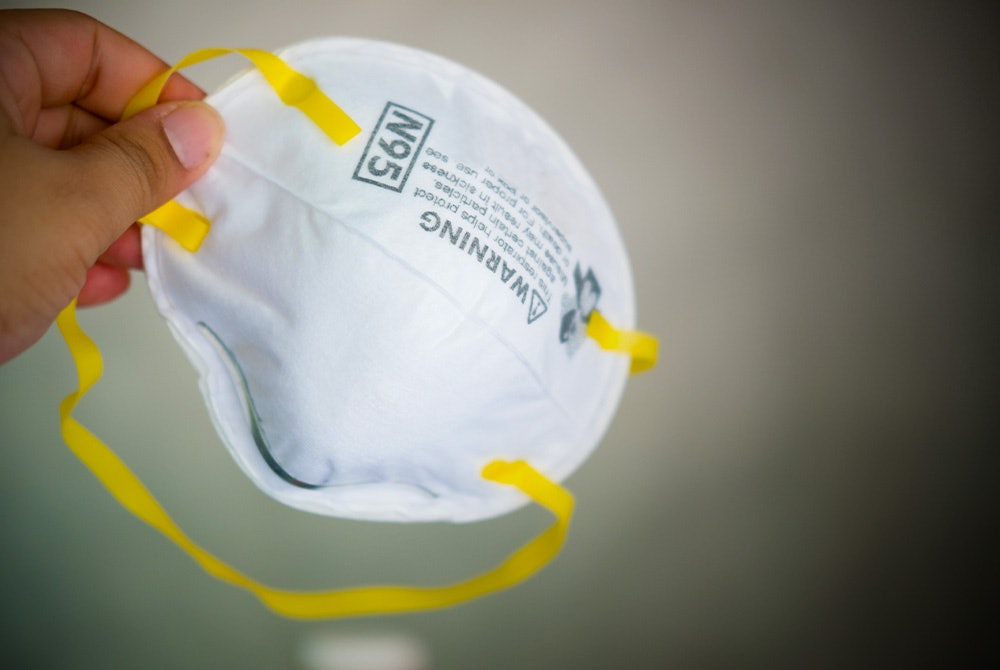
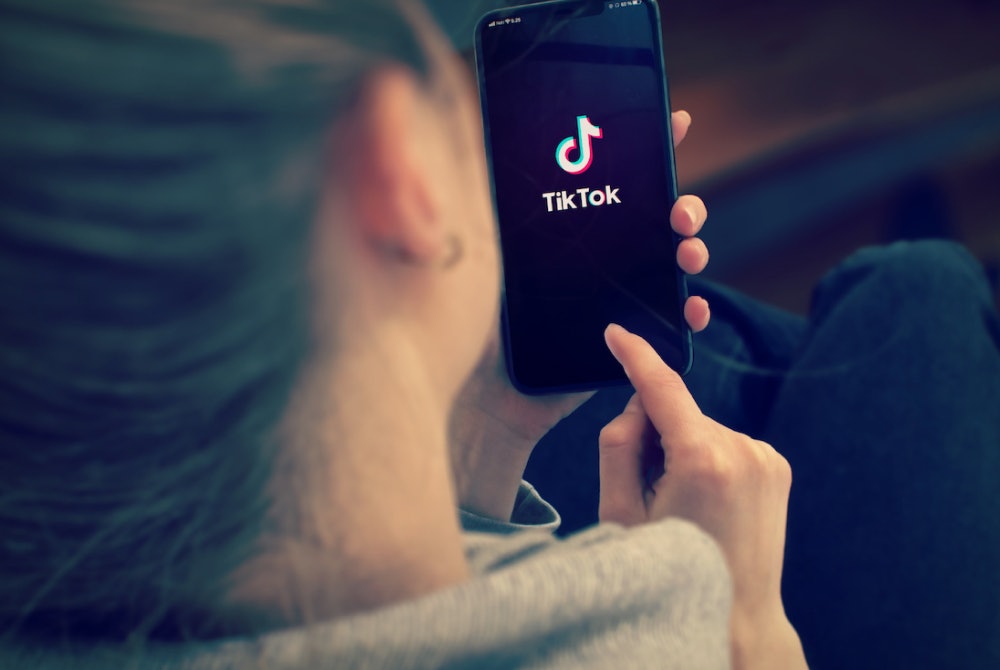
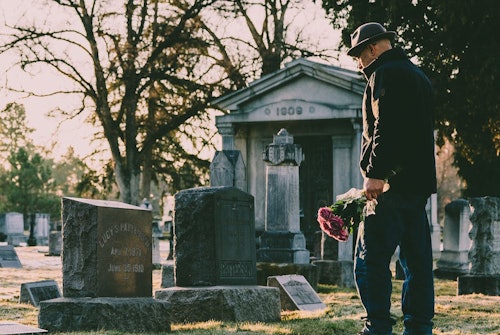
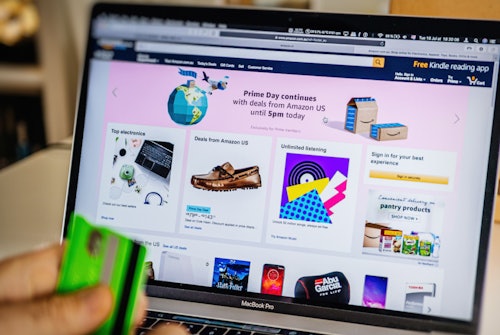





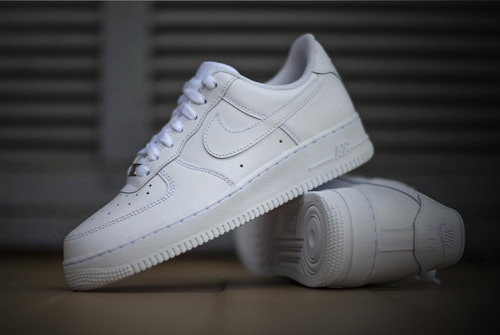
Comments